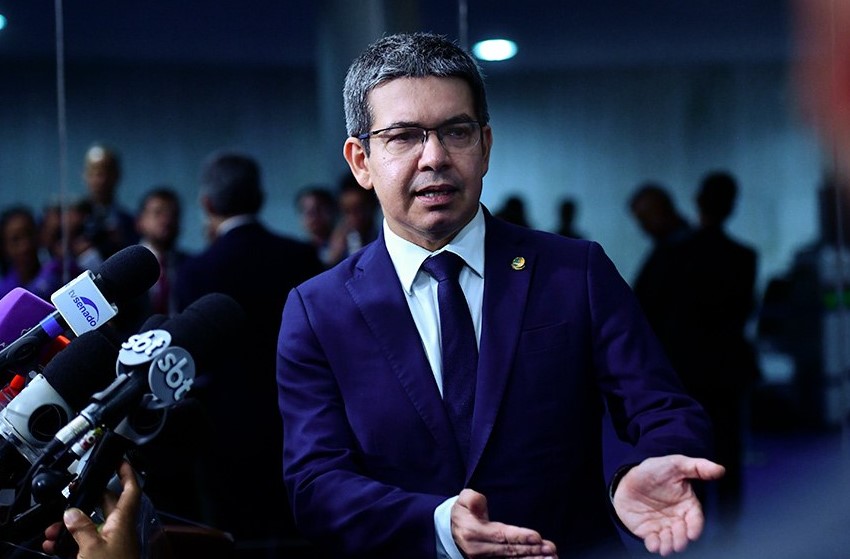
The Bill 3.563/2024 aims to modify the current regulation of betting operators' advertisements, some of which are labeled as aggressive and misleading.
Brazil.- A pending bill in the Senate could ban advertising, sponsorship, and promotion of fixed-odds betting and online games, as well as bets related to electoral outcomes. The Bill 3.563/2024 aims to curb the reach of betting-related advertising, in order to "reduce the harm to mental health and property caused by addiction to betting and online gaming," stated the proposal's author, Senator Randolfe Rodrigues.
The Bill 3.563/2024 modifies the laws that regulate online sports betting (Laws 13.756, from 2018, and 14.790, from 2023). Among the main changes are the prohibition of commercial exploitation of electoral bets and the prohibition of any form of advertising about betting in media such as radio, television, internet, and social networks. It is also planned to prohibit the pre-installation of betting apps on electronic devices.
According to the senator, the inertia of previous administrations in regulating betting, authorized in Brazil since 2018, created a situation of "legal distortion." "Without proper regulation for five years, only this year, after the approval of Law 14.790, from 2023, initiated by the Presidency of the Republic, were the norms that will now guide this market of bets and online games elaborated," stated Rodrigues.
"In recent months, there have been numerous cases of abuses by betting operators who are not yet authorized and operate without rules," added Rodrigues.
In justifying the project, the author reported that around 25 percent of the Brazilian adult population bets on online games, such as the so-called Tigrinho game and others similar. He also highlighted that the betting market has negatively impacted other sectors of the economy, such as clothing, personal hygiene products, and even food.
See also: Betting in Brazil: the IBJR reinforced its commitment to regulation and responsible practices
The proposal aims to combat abusive practices by betting operators, accused of promoting aggressive and misleading advertising campaigns. "These advertisements often present gambling as a quick way to get rich, inducing consumers to spend excessively and go into debt," said the project's author.
